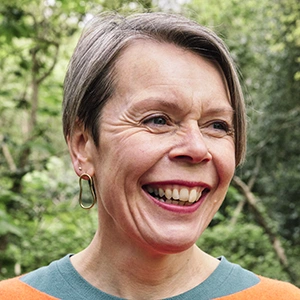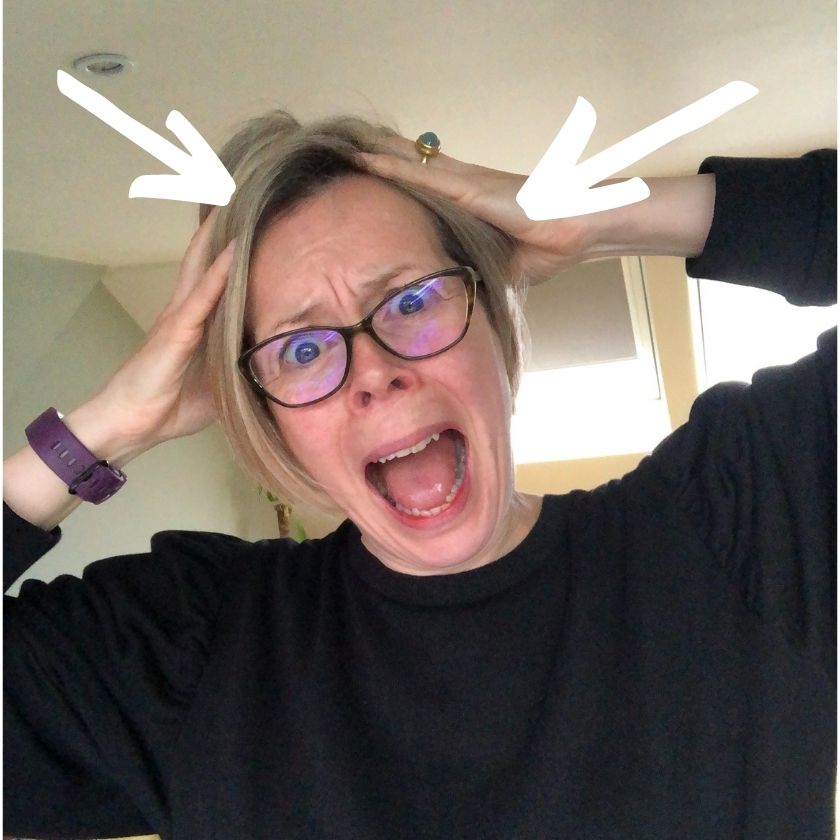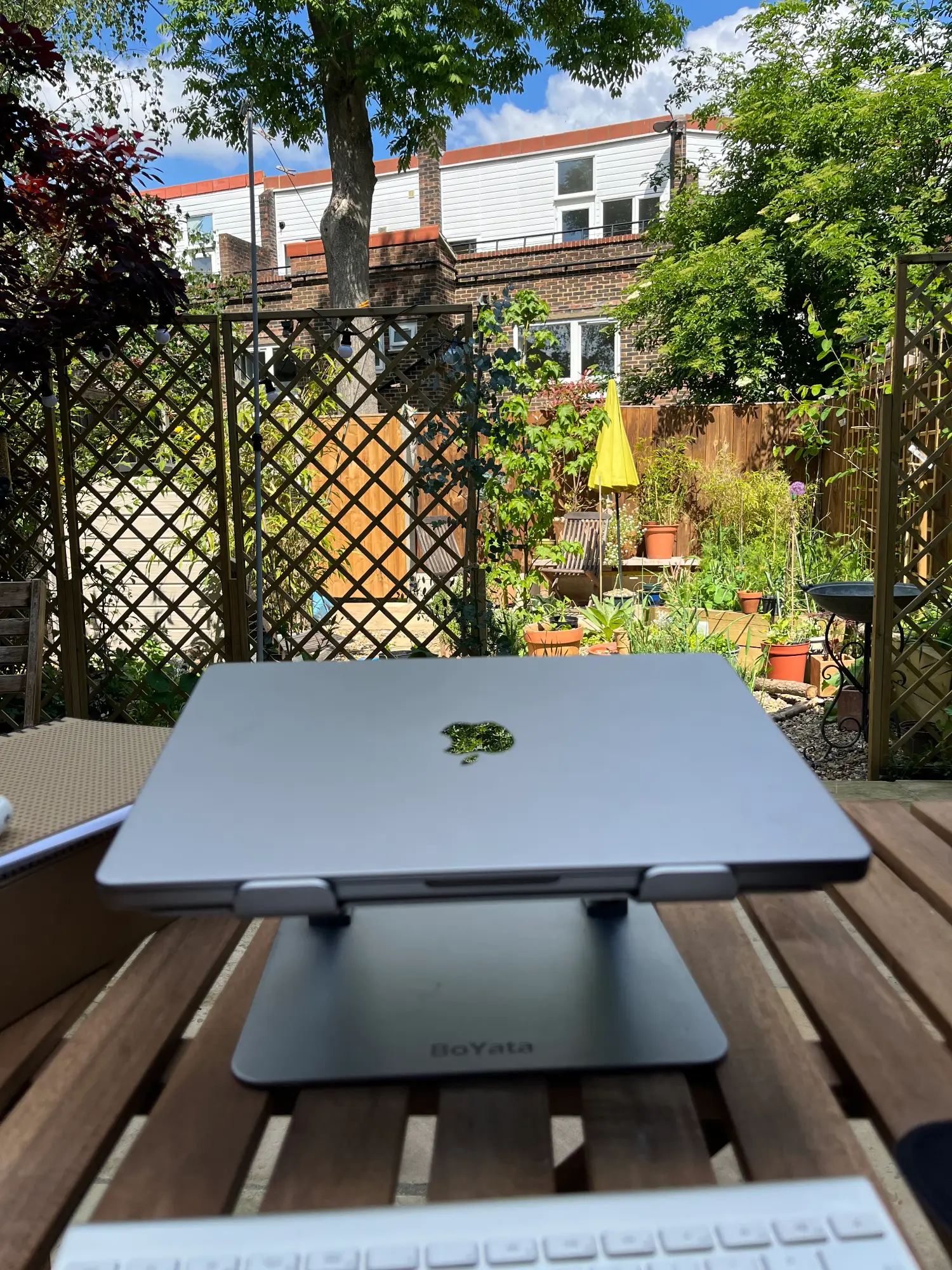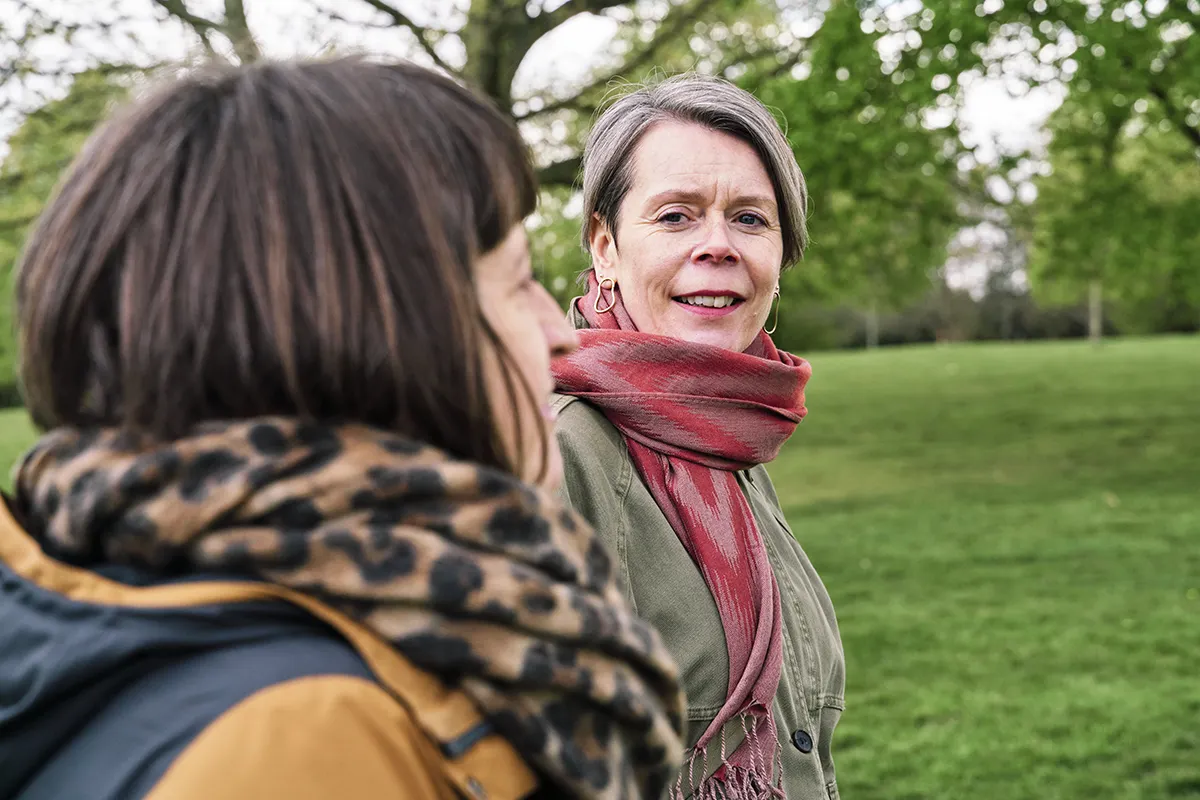First published 5 May 2022 and updated January 2023
5 minute read.
Do you feel stuck?
You’re not alone. Many of us do – on a daily basis! But when it feels significant or endless it can make you feel miserable and this is one of the main reasons people come to Life Coaching with me.
Whether it’s work or life, feeling stuck can look like;
- Really wanting something but losing motivation. Like; a new job, moving house
- Endlessly worrying about things out of your control, or that you are not (yet?) able to influence, instead of enjoying the here and now
- Identifying something as important, or exciting to do – and talking yourself out of doing it
Why do you feel stuck?
“Why do I feel stuck?”…oooh that’s a LOADED question for some and so NOT the right question to ask yourself if you’re feeling stuck.
Asking WHY often carries judgement and is critical. If you have a loud critical voice in your head, asking WHY will berate you.
Psychiatrist Carl Jung said;
“To ask the right question is already half the solution to a problem.”
So instead of asking Why, start asking What or How – open questions, for a more helpful and kinder approach
Like this;
- ‘What is it that is making me feel stuck?’
Reasons why you are feeling stuck
1. You’ve outgrown your current situation
We change over time. What worked for us then, may no longer work now. Ie, the job you started 5 years ago, your friendships from when the kids were at nursery, the area you live in… If you recognise you have outgrown your situation, then ask yourself;
- What’s changed for me?
- What am I tolerating or putting up with?
Spend some time understanding what and how you’ve outgrown your current situation before moving on to what else you could do (tips how below!).
2. You fear others’ judgement
Do you rely on what others’ think and say about you? In her book, ‘Playing Big’, Tara Mohr says;
'…feedback doesn’t tell you any facts about you; it tells you something about the perspective of the person giving the feedback'.
Know yourself better; get to know your strengths (USP’s) and skills (talents) to enhance your confidence.
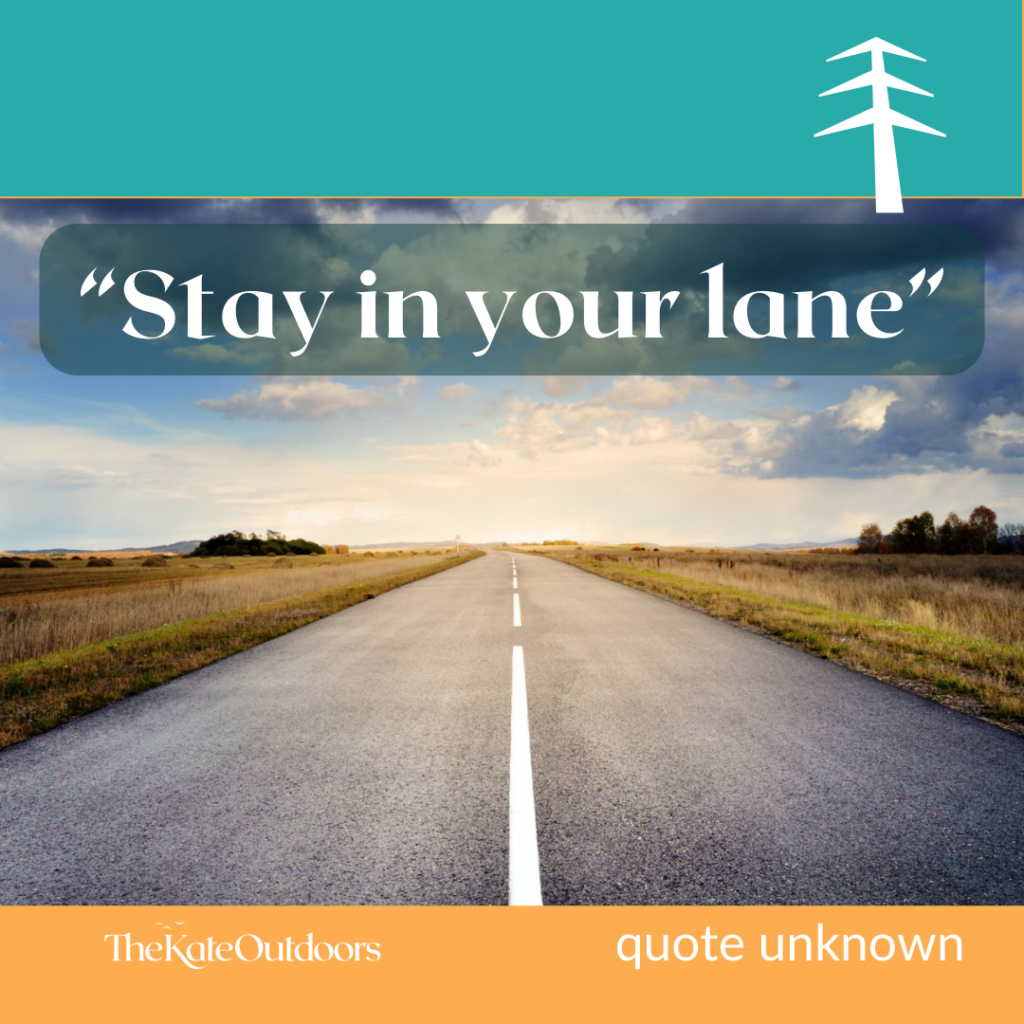
3. You compare yourself to others
If you recognise you constantly compare yourself to others , how’s that making you feel? Inadequate?
Focus on YOU instead and try to stay in your lane. Ask yourself;
- What are my small wins today?
- What was I grateful for today?
Research says celebrating your achievements and practising gratitude both improve mental wellbeing when you do them regularly and over a period of time. I’ve noticed this personally and professionally – it’s like our brains and hearts open up a little more as we start recognising the good. It provides a more balanced perspective.
4. Your brain tells you that change = threat
Let’s play with this. You want to change something – perhaps it’s your job, (which you hate), but you perceive that your current job offers great pay and benefits. You’d probably be much happier if you had a different job, but ‘it’s too big a risk…’
Sound familiar?
It’s easy to reduce your thinking to see options as ‘either/or’, because your brain perceives potential change as a ‘threat’. An alternative is to reframe your thoughts and language and ask ‘what if’.
Example
The potential change of job mentioned above; ‘It’s too big a risk’..is a perceived threat to the great pay and benefits
- Ask yourself ‘What if…’
- Flip the thought round round; What if it’s a great opportunity instead? What if I could still have great pay and benefits AND feel happier?
5. Your values are not present in your day-to-day
Values are your chosen principles to how you live your life. When your values are not ‘there’, things might seem off-balance; like your internal navigation system is off.
Ask yourself;
- What are my top 3 values in how I live my life?
- Are they present?
- What’s getting in the way?
Of course there are many more reasons you might be feeling stuck. But these are some of the main reasons I come across in life coaching.

Top tips to help you when you’re feeling stuck
- Spend time constructively either thinking about what’s making you feel stuck or talking to someone who’ll give you space to listen. Coaching questions are great tools – perhaps try in a pair?
- Go for a walk and get absorbed by nature
- Try something new – what’s that one thing you’ve always wanted to do?
- Celebrate your small wins each day
- Talk to a Life Coach – book a free call with me if you like what you’re reading here. What if it helps? ????
